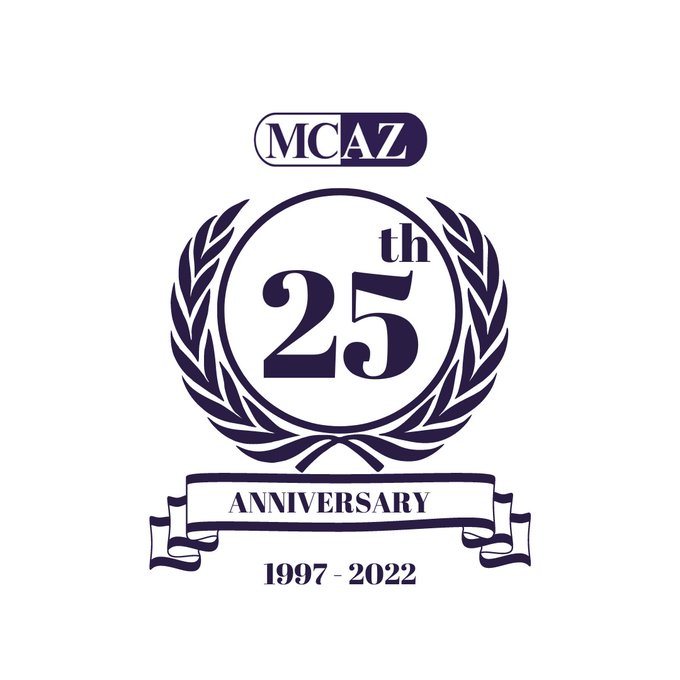|
Getting your Trinity Audio player ready...
|
By Medicines Control Authority of Zimbabwe
Harare – This year marks MCAZ’s 25th Anniversary as an autonomous medicines regulatory body. Since the Authority’s establishment in August 1997, the environment in which MCAZ operates has undergone fundamental scientific, technological, legislative, and social changes. The mandate though has remained: protecting the right to quality medicines and medical devices.
The Authority commenced operation on the 1st of August 1997 as a successor to the Drugs Control Council (DCC) and the Zimbabwe Regional Drug Control Laboratory. This successful transition was achieved through an amendment from the Drugs and Allied Substances Control Act to the Medicines and Allied Substances Control Act (MASCA) [Chapter 15:03] which the Authority currently operates within.
In the 25 years of its existence, MCAZ has achieved several successes including the World Health Organization (WHO) pre-qualification of the Chemistry Laboratory and the ISO/IEC 17025:2017 accreditation of the laboratories by the Southern African Development Community Accreditation Services (SADCAS). MCAZ has also obtained the ISO/IEC 9001:2015 Quality Management Systems Requirements certification. What all this means is that medicines control testing at the MCAZ meets the best practice standards.
The Authority also subscribes to the following international standards and guidelines to ensure compliance and maintenance of a solid regulatory system.
- ISO/IEC 17025:2017 standard for General Requirements for the Competence of Testing and Calibration laboratories
- ISO/IEC 17020:2012 standard for Conformity Assessment-Requirements for the Operation of Various Types of Bodies Performing Inspections
- ISO/IEC 9001:2015 standard for Quality Management System requirements
- Good Practices for Pharmaceutical Quality Control Laboratories (GPPQCL) for WHO Pre-Qualification
- WHO Global Benchmarking Tool
To ensure adherence to standards in the Inspectorate Unit, the Authority pursued accreditation to ISO 17020:2012 and in 2020, the Inspectorate Unit was accredited to ISO 17020 by SADCAS.
The Authority is currently working on WHO Prequalification for the Microbiology laboratory following the laboratory’s recent refurbishment. The Authority is also committed to meeting the requirements of the WHO Global Benchmarking Tool (GBT). This is a tool used for benchmarking regulatory systems across the globe. The GBT is designed to evaluate the overarching regulatory framework and the component regulatory functions. The Authority was initially assessed in August 2021 and is aiming to achieve Maturity Level 3 after addressing the identified gaps and formulating and implementing the Institutional Development Plan (IDP) issued following the August 2021 assessment and subsequent interactions with the WHO GBT assessment team.
MCAZ has collaborated with various partners in implementing different projects/programs. The partners include Global Fund, UNDP, UNICEF, WHO, SADC, EDCTP, and NEPAD just to name a few. These projects have recorded successes, some projects were completed, and some are still ongoing. For example, the ZaZiBoNa collaboration under the SADC Medicines Registration Harmonisation (SADC MRH) project is still ongoing. From inception MCAZ assumed a leading role in the collaborative medicine registration process between National Medicines Regulatory Authorities (NMRAs) of Zambia, Zimbabwe, Botswana and Namibia. This collaboration has since expanded to include the NMRAs of Comoros, the Democratic Republic of Congo, Lesotho, Madagascar, Malawi, Mozambique, Namibia, Seychelles, South Africa, Eswatini, Tanzania. MCAZ has another ongoing initiative of extending its testing services and regulatory training to other countries such as Burkina Faso, Tanzania, Ethiopia, South Sudan, Zambia, Lesotho, and Mauritius among others.
During this 25-year period, MCAZ was also designated as a Regional Center of Regulatory Excellence by the Africa Union Development Agency – New Partnership for Africa’s Development Agency (AUDA-NEPAD) for the following regulatory functions:
- Medicine Registration and Evaluation
- Quality assurance/Control
- Clinical trial oversight.
This means the Authority has been undertaking activities including trainings to capacitate local and international regulators as well as pharmaceutical industry professionals on these three areas.
The Authority looks forward to contributing to the attainment of national Vision 2030 through the National Development Strategy 1 (NDS1) which directs policies, institutional reforms and national priorities that Government will be focusing on from 2021-2025. MCAZ plays a pivotal role in ensuring access to good quality, safe, effective medicines, medical supplies, and products. The Ministry of Health and Child Care (MoHCC) in its Strategic Plan (2021 – 2023), emphasizes the need for improved access to essential medicines and commodities, the harmonization of quantification, procurement, warehousing, and distribution. This will be facilitated through the introduction of electronic Logistic Management Information System (e-LMIS) which will include critical private sector functions and the promotion of local manufacturing of medicines and medical products. The Authority thus plays a pivotal role in the attainment of Vision 2030.
The mandate of the Medicines Control Authority of Zimbabwe (MCAZ) is to protect public health by ensuring that medicines and medical devices on the market are safe, effective, and of good quality. The vision as the Authority celebrates this Silver Jubilee is “To be an effective and efficient regulator for medical products and allied substances in Zimbabwe, and a comparative regulator globally.”






